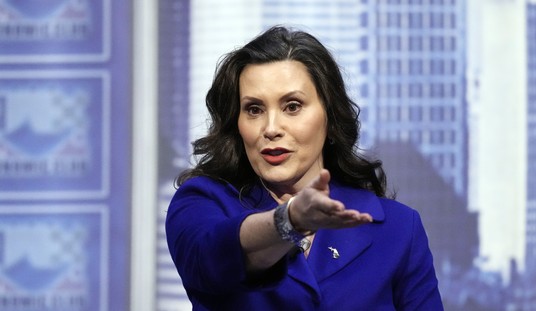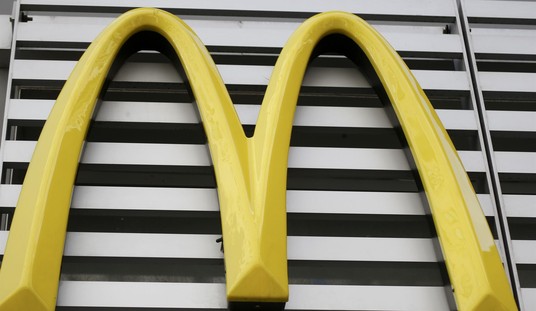
Image by Brandon Grasley, via Flickr Creative Commons, https://www.flickr.com/photos/brandongrasley/ License https://creativecommons.org/licenses/by/2.0/
I don’t think ever in my life I’ve had as many people tell me what I have to think in order to be considered a conservative, a citizen, or a Christian (note–if you’re handling snakes odds are you are doing Christianity mostly wrong) as I have since Donald Trump was elected president.
I’ve been told what speeches I have to like and what is wrong with me if I don’t like them. I’ve been told which historical figures I’m allowed to admire and been assured that if I don’t do as I’m told I’m definitely hell-bound–but that goes without saying because I’m Catholic.
You name it and there is some self-appointed member of the conservative thought Gestapo out there right now telling me that I’m doing it all wrong and the nation is screwed unless I straighten up. Now they’ve come for my music. This is from National Review which has taken valuable space away from its stable of anti-Trump polemicists for this: Conservatives Should Reconsider Their Opposition to Hip-Hop.
Most conservatives don’t like hip-hop.
Is this even true? I suspect liking or not liking hip-hop is much more a generational thing than a political one but I’d like to see the data set that substantiates this rather grandiose claim. Just sayin’.
The typical conservative case against the genre amounts not to music criticism, but to the charge that it promotes dangerous behaviors in the culture. Rap group N.W.A.’s 1988 album Straight Outta Compton is the representative example. Ice Cube, Dr. Dre, Eazy-E, and MC Ren, got together in the titular L.A. suburb and wrote a violent and political collection of songs that included “F**k the Police.” The album met with outrage from conservatives, and since its release the conservative mind has identified hip-hop with a rhapsodic glorification of violence. Most rap, the critique goes, feeds the violent loop that mars inner cities, whose residents scorn the justice system and settle scores outside it.
That may be, but I think humorist Dave Barry offers a much more cogent explanation
“I hate rap music, which to me sounds like a bunch of angry men shouting, possibly because the person who was supposed to provide them with a melody never showed up.”
Here I’m substituting hip-hop for rap because, while I’m sure there are nuances, to the untrained and un-deafened ear they sound very similar.
The author gives us a review of the genre, the groups and their oeuvre and then sums it up:
The genre is filled with talented musicians like these. Conservatives may not agree with their politics, and may be repulsed by the crime or drug use that some rappers thoughtlessly champion. But to say, as many conservatives do, that hip-hop is culturally corrosive is to demonstrate a lack of familiarity with the music itself.
This remains an unfortunate blind spot for a political movement with a checkered record on race. Reform-minded conservatives have convincingly argued that the path up from white-identity politics runs toward a civic nationalism that is pan-ethnic, one that celebrates the shared cultural and artistic achievements of all Americans. If they’re right, then the conservative mind ought to rethink hip-hop, a sometimes-great and always uniquely American art form.
I don’t even know what to do with this. I don’t know that hip-hop is culturally corrosive but I do know that of all the reasons in the world to listen to music, to impress someone else with my social conscience is one of the least convincing. In the meantime, I’ll share a video of the author of this piece embracing a “civic nationalism that is pan-ethnic.”
Next up are language lessons
And I’ll be listening to music more attached to my cultural heritage.













Join the conversation as a VIP Member